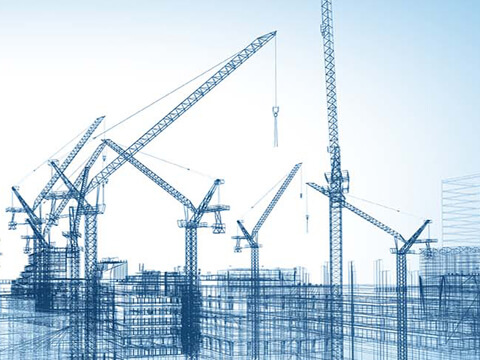 The construction industry is one that has a ripple effect on entire areas from small towns to entire states. Issues will arise during any construction project and the solution to those issues will differ based on what jurisdiction the construction project is happening in in your state. Stakeholders in the construction project will have several different responsibilities throughout the entire duration of the project. In order to be an efficient stakeholder, it is important to know and understand every role in the entire industry. Below is a guide to all of the stakeholder responsibilities so that you can understand how different entities work together so the commercial real estate construction project gets done quickly and efficiently and the clients are left happy with the finished product.
The construction industry is one that has a ripple effect on entire areas from small towns to entire states. Issues will arise during any construction project and the solution to those issues will differ based on what jurisdiction the construction project is happening in in your state. Stakeholders in the construction project will have several different responsibilities throughout the entire duration of the project. In order to be an efficient stakeholder, it is important to know and understand every role in the entire industry. Below is a guide to all of the stakeholder responsibilities so that you can understand how different entities work together so the commercial real estate construction project gets done quickly and efficiently and the clients are left happy with the finished product.
What is a stakeholder?
In order to understand the role of a stakeholder, you must first understand what they are. Stakeholders are individual people, groups, or entire organizations that affect or can be affected by the outcome of the project in question. There are external stakeholders such as environmentalists, interest groups, residents nearby the project site, social or political organizations, real estate owners, etc. Then there are internal stakeholders which include the project owners, financiers, creditors, suppliers, subcontractors, contractors, and the project management team.
Making and voting on the big decisions
Some stakeholders in a commercial real estate project are the board of directors. Their job during the project is to make the tough decisions and vote on concerns that will affect the outcome of the project. They will hold votes annually, semi-annually, or when the structure of the project comes into question. They can also suggest changes to management and introduce a new way of doing things for a particular project.
Give expertise to project operations
Stakeholders in a construction project are brought on because they have particular knowledge about the industry and can offer a lot of insight as to how the construction should proceed. They can give insights to the historical background of the area, current trends in whatever commercial industry the project is happening in, and will be well versed in all of the technical skills that are needed to do a job right. Stakeholders will be comprised of experts like lawyers, accountants, engineers, contractors, bankers, etc.
Any time there is a meeting or any time there needs to be documentation done for the project, it is important that each of the stakeholders is present so as no key factors are left out. The more expertise perspectives that you have on the team, the fewer risks your project will have of running into problems.
They will need to manage the industrial crises
If something happens during the project like chemical substances being released or issues coming up that concern the safety and health of the construction crew and surrounding people in the area. The stakeholders need to be prepared to take direction from the local government and make decisions for the project if the government deems that it poses a threat to the environment or to people’s health.
Social responsibilities
Stakeholders should check in throughout the course of the project to make sure that their construction project is not causing any harm to society. A step above ensuring there is no harm to society, many stakeholders take measures to initiate projects that will actually benefit their local society as a whole.






